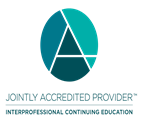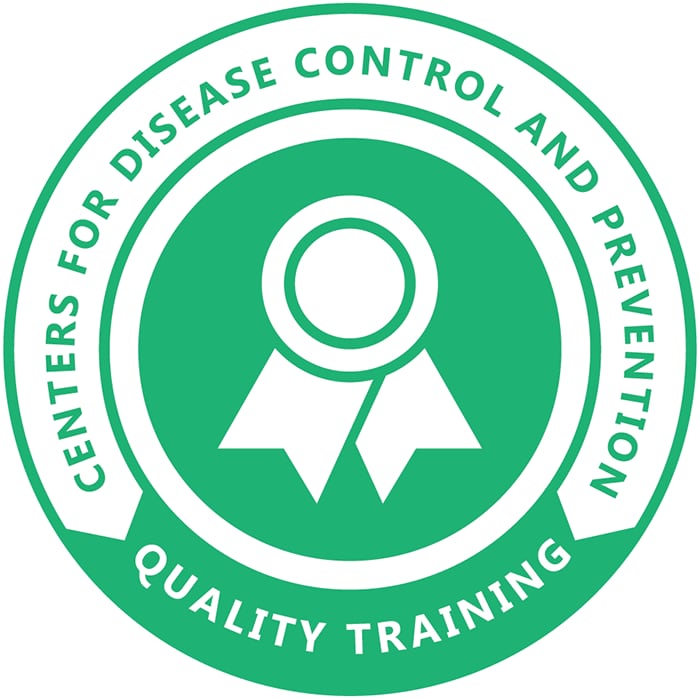Training for Healthcare Providers

Understanding and Treating Alpha Thalassemia Major: 2023 Science Update
April 6, 2023, 2–3 p.m. ET (view recording)

Elliott Vichinsky, MD
Division Director, Hematology Oncology
UCSF Benioff Children’s Hospital Oakland

Billie Lianoglou, MS
Genetic Counselor, UCSF Benioff Health
Department of Pediatric Surgery
ACTIVITY NUMBER: WC4681(SC)
Origination Date: April 6, 2023
Expiration Date: April 6, 2024
Accreditation Statements

In support of improving patient care, this activity has been planned and implemented by Centers for Disease Control and Prevention and Cooley’s Anemia Foundation. The Centers for Disease Control and Prevention is jointly accredited by the Accreditation Council for Continuing Medical Education (ACCME), the Accreditation Council for Pharmacy Education (ACPE), and the American Nurses Credentialing Center (ANCC), to provide continuing education for the healthcare team.
CME: The Centers for Disease Control and Prevention designates this live activity for a maximum of 1.0 AMA PRA Category 1 Credits™. Physicians should claim only the credit commensurate with the extent of their participation in the activity.
CNE: The Centers for Disease Control and Prevention designates this activity for 1.0 nursing contact hours.
CEU: The Centers for Disease Control and Prevention is authorized by IACET to offer 0.1 CEU’s for this program.
Program Description
The thalassemia syndromes are a group of hereditary disorders in the synthesis of hemoglobin that result in varying degrees of anemia. In alpha thalassemia major, a life-threatening anemia can develop in utero, necessitating the use of prenatal blood transfusions. For the newborn, chronic blood transfusion therapy and iron chelation therapy are required after birth. Management of alpha thalassemia major is complex and may present many challenges to overcome. Complications may occur as a result of both the underlying disease process and the treatment regimen.
In these rounds, Elliott Vichinsky, MD, and Billie Lianoglou, MS, will discuss the genetics and the pathophysiology of complications in alpha thalassemia major. A monitoring and treatment management plan will be presented that includes care during the prenatal and postnatal periods.
Target Audience
The target audience for these rounds are physicians, physician assistants, nurses, nurse practitioners, and other healthcare professionals.
Course Content
The live rounds is presented for 60 minutes, including a pre-test and post-test.
Learning Objectives
At the conclusion of the rounds, participants will be able to do the following:
- Describe features of the pathophysiology of alpha thalassemia major.
- List complications associated with alpha thalassemia major.
- Describe an appropriate monitoring and treatment management plan for alpha thalassemia major.
- Identify strategies the healthcare team can utilize to improve care coordination and outcomes for a clinically significant form of thalassemia.
Contact Information
For more information, please contact Cynthia Sayers at cay1@cdc.gov
This project was supported by the Centers for Disease Control and Prevention of the U.S. Department of Health and Human Services (HHS) as part of a financial assistance award totaling $150,000 with 100 percent funded by CDC/HHS. The contents are those of the authors and do not necessarily represent the official views of, nor an endorsement, by CDC/HHS, or the U.S. Government.

